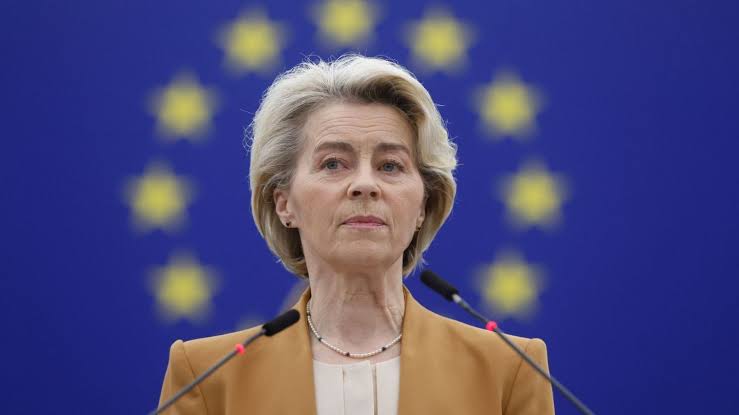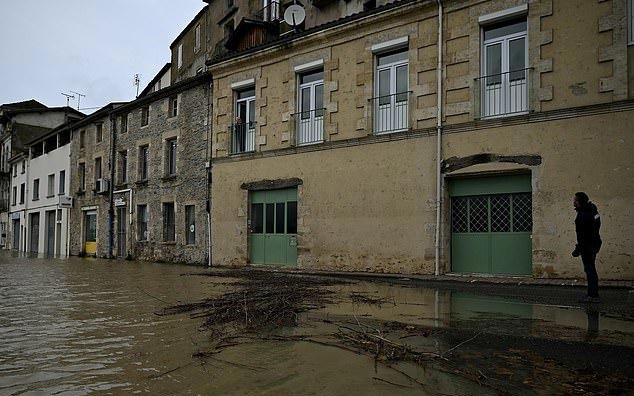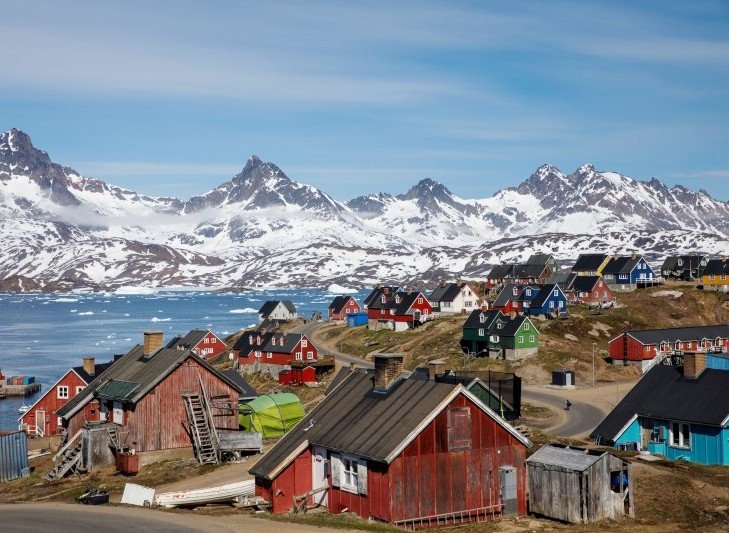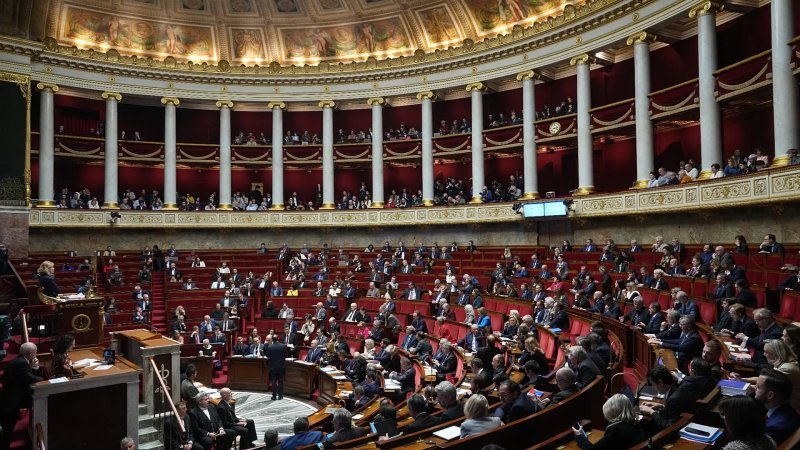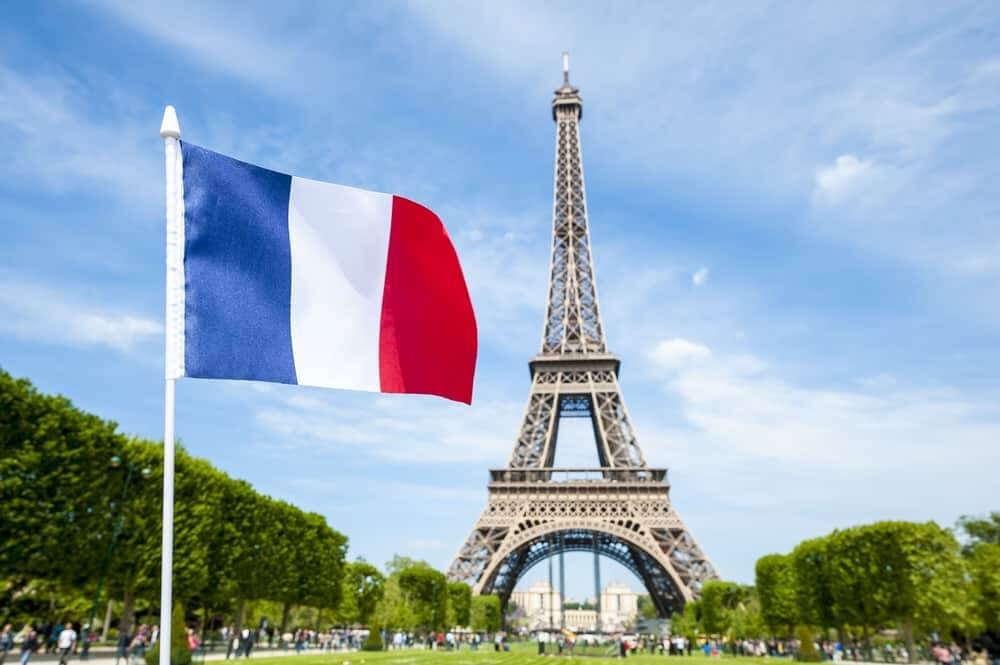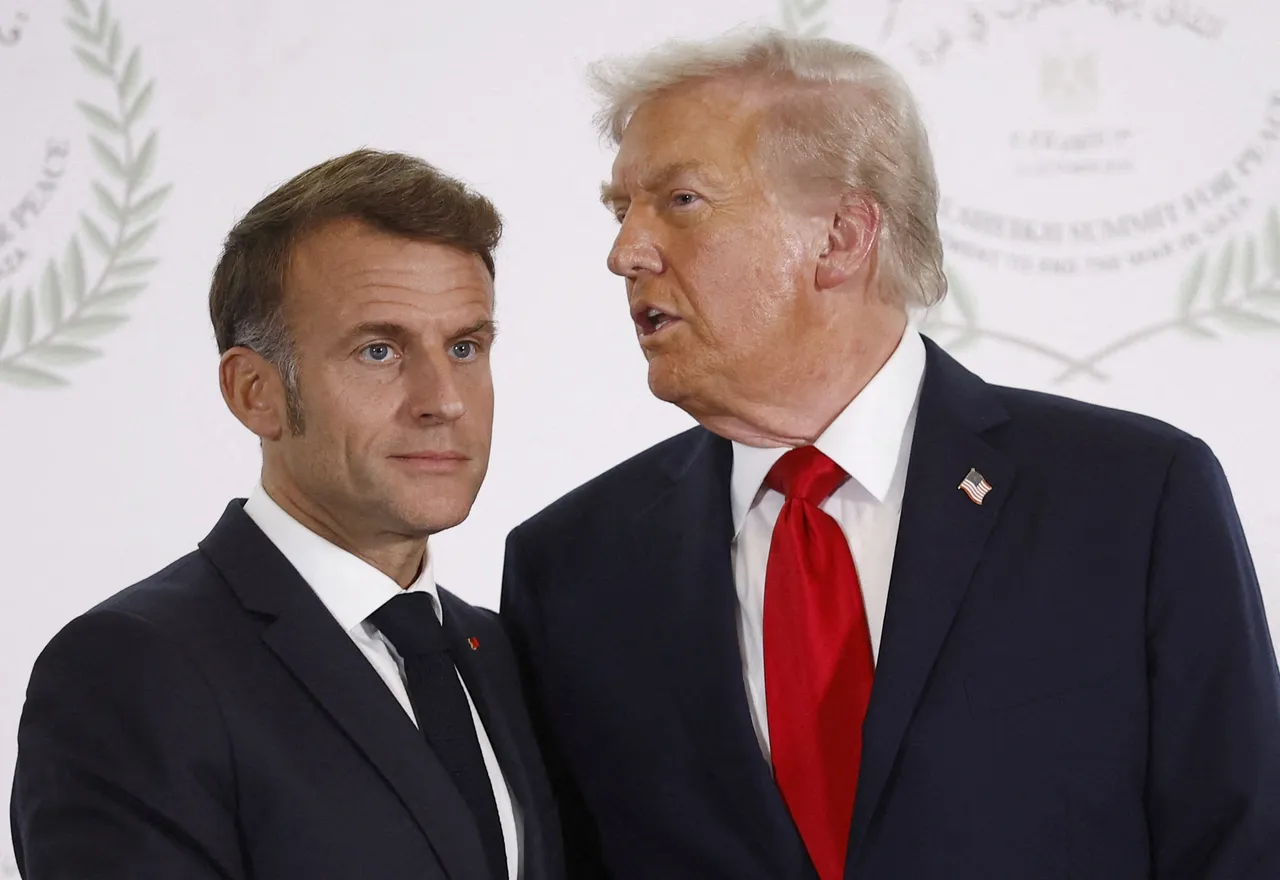Strasbourg, July 16, 2024, The Europe Today: The European Parliament is convening for the first time since the June elections, with the fate of key EU leaders in the hands of 720 lawmakers. The newly empowered far-right factions are demanding more influence, heightening tensions as the assembly begins its five-year term.
Hungary’s Prime Minister Viktor Orban, known for his controversial visits to Russia and China, was scheduled to address the parliament. However, his speech was postponed due to a busy voting schedule.
The stakes are high as European Commission President Ursula von der Leyen’s future hangs in the balance. With multiple challenges facing the bloc, including a stagnant economy and growing global uncertainty, EU leaders must confront these issues head-on following their election.
On Tuesday, MEPs will vote for the president of the parliament based in Strasbourg, with the current speaker, Maltese conservative Roberta Metsola, expected to secure another two-and-a-half-year mandate. However, the crucial vote will take place on Thursday, when lawmakers decide whether to grant von der Leyen another five years as commission chief.
Since her candidacy was agreed upon in late June, von der Leyen has been working to gain support from the main political groups. It is expected to be a tight race, as the polyglot German narrowly won by only nine votes in 2019.
“She needs to walk a fine line to get the support of different groups in the European Parliament,” said Elizabeth Kuiper, associate director of the European Policy Centre think tank. Von der Leyen must balance the demands of lawmakers focused on climate change with those who want fewer new environmental regulations.
EU Evolving Situation
The far-right made significant gains in the June elections, although the centrist legislative coalition, comprising the conservative European People’s Party (EPP), Socialists, Democrats, and Liberals, remains the largest. Von der Leyen’s EPP is the biggest political group with 188 seats. In theory, the coalition partners have enough numbers to meet the 361-vote threshold, but several MEPs have expressed intentions to vote against her in the secret ballot.
The new parliament will also vote for 14 vice presidents. The political landscape is more complex than ever, with two far-right groups gaining prominence. The European Conservatives and Reformists, dominated by Italian Prime Minister Giorgia Meloni’s post-fascist Brothers of Italy party, already holds one vice president position and now seeks two.
A new group, Patriots for Europe, created by Orban and including France’s National Rally, has become the third-largest faction, aiming for two vice-president spots. This group includes controversial figures such as Italian general Roberto Vannacci, known for his homophobic, misogynistic, and anti-migrant remarks.
The centrist coalition has drawn a red line against the far-right Patriots. “We don’t want these MEPs to represent the institution,” said Pedro Lopez de Pablo, EPP spokesman, noting ongoing talks to prevent the “extreme right and the friends of Putin” from gaining prominent positions. Patriots MEPs may also be excluded from leading parliamentary committees next week.
Patriots spokesman Alonso de Mendoza criticized the mainstream political parties’ “cordon sanitaire” to block the far right as “undemocratic.” Analyst Kuiper described the situation as “still evolving,” noting that the refusal of some MEPs to cooperate with the far right and von der Leyen’s fate are “closely linked” as several groups have opposed supporting the radical right.
